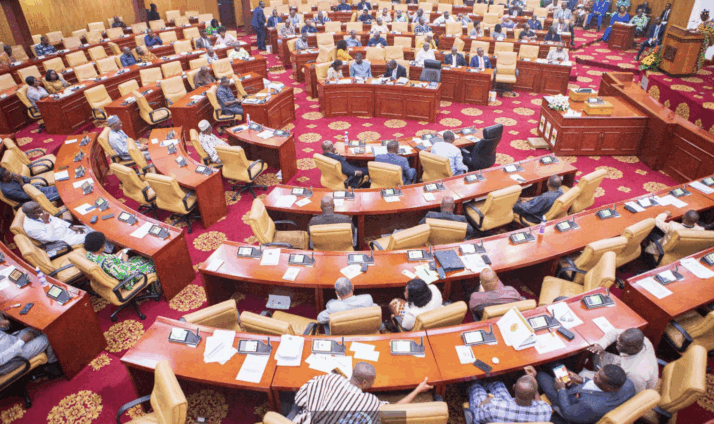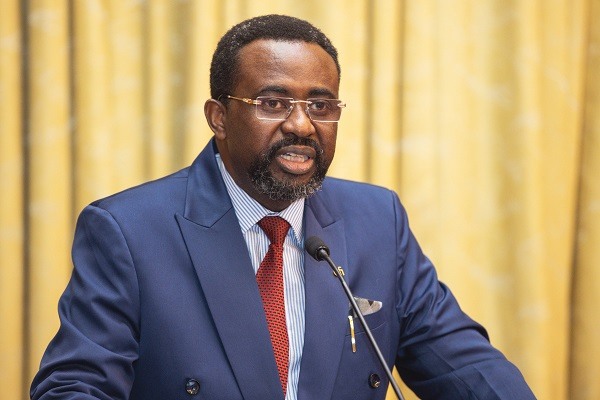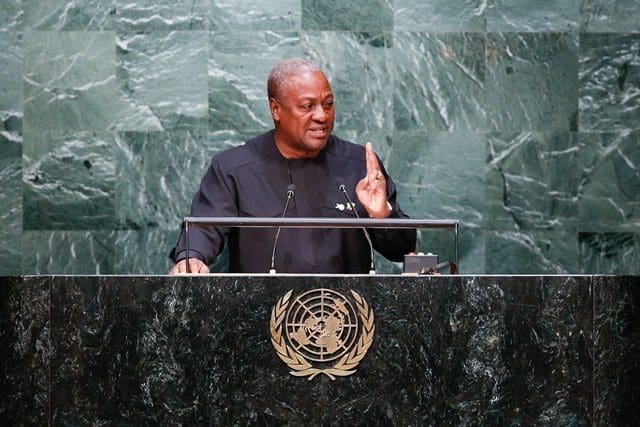MultiChoice Ghana, the local arm of African pay-TV giant MultiChoice Group, said Sunday that it is "not tenable" to implement the DStv subscription fee reductions proposed by the Minister of Communications, Digital Technology and Innovation, Samuel Nartey George, warning that such a move could threaten the sustainability of its operations.
In a sharply worded statement, the company said it remains engaged in “open and good-faith” discussions with the Minister and Ghana’s National Communications Authority (NCA), but expressed concern over what it described as an increasingly unilateral stance from the government.
“It is regrettable that the Honourable Minister has taken this position, notwithstanding our ongoing efforts to engage candidly on this important matter,” MultiChoice said.
The pushback comes amid growing public scrutiny over pay-TV costs in Ghana, where consumers have been grappling with inflationary pressures and economic uncertainty. While acknowledging these challenges, MultiChoice said the proposed fee cuts were not economically viable and could compromise both the quality and breadth of services available to subscribers.
“MultiChoice values its subscribers and endeavours at all times to keep DStv subscription fees as low as possible,” the company stated. “However, it is not tenable to reduce the fees in the manner proposed by the Minister.”
The company noted that it had submitted an alternative pricing framework to the Minister and the NCA but did not disclose details. It pointed to the broader macroeconomic environment, including rising operational costs and currency volatility, as key constraints on further price reductions.
While the Ghanaian Cedi has seen recent gains against major currencies, MultiChoice cautioned against relying on short-term forex movements as the basis for pricing models. The company also pushed back against allegations that it had referred to the currency’s appreciation as a “fluke.”
MultiChoice, which has operated in Ghana for over 30 years, underscored its long-term commitment to the country and its stakeholders, including employees, local partners, and subscribers. However, it warned that unsustainable pricing measures could have unintended consequences for service delivery and consumer choice.













